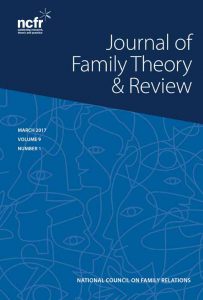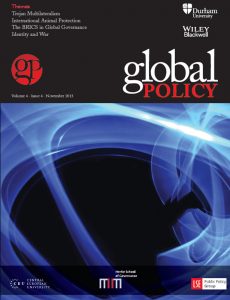Full-Body Scanners: Explosive Violence or Naked Domination
For the last several months, reports about full-body scanners in airports have been floating in and out of the news cycle. These machines were sexualized long before they were implemented. News stories fantasize about every possible voyeuristic scenario, both to titillate and to trouble us. Then, recently, the media hit gold when “a security worker at London Heathrow Airport […] ogled a female colleague using a full-body scanner […] after his colleague mistakenly strayed into the scanner, which can see through clothes to produce an image of the body. The case is believed to be the first of its kind since the full-body scanners were put into service at British airports.”
While the media has its own agenda for promoting this story, we might ask ourselves: Why should we care when the implementation of these devices seems so inevitable anyway?
From a macro-political perspective, these machines are not terribly interesting: President Obama’s endorsement of them has served as a bit of cheap political theater to illustrate he is being tough on terrorism. The other, more hawkish party, finding their position co-opted, has largely remained silent. Basically, what we have is a lot of reporting but little debate within the government.
The micro-political perspective is far more interesting. A society free of violence or any other sort of risk has long been the supposed promise of Modernity. Modern institutions present themselves as benign and necessary. Who wouldn’t want to do everything in their power to stop terrorism, right? However, as Michel Foucault observed in Discipline and Punish, a world free of violence comes at a price. We must give ourselves over, body and soul, to the gaze of institutions that control every facet of our lives, because safety begins only where uncertainty has ended. The promise of safety is really the promise of control and the expectation we have of one another to each submit to this control.
Foucault, at least implicitly, took the stance that it is often better to live with the threat of violence than to live with the certainty of our own domination. In fact, human beings might even have something important to learn from the experience of violence – to live without experiencing it may be to deny ourselves some part of our own nature. Those moments of violence within our lives are also some of the most formative ones. In history, we find cultures that valued honor and courage above all else. From such a perspective, a life without the possibility of violence is a life without meaning.
Who among us has the courage to embrace the threat and the inevitability of terrorism – to live in spite of it? To even assent to the risk of violence is a radical act that challenges the very dominance of the Modern social order and opens long-forgotten avenues of meaning-making in our lives.





1728-4457/asset/PopulationCouncilLogo.jpg?v=1&s=03074651676b98d6b9d0ef1234bd48fe7ff937c3)
1540-6210/asset/society_affiliation_image.gif?v=1&s=812a48e1b22880cc84f94f210b57b44da3ec16f9)
1 Response
[…] (Reposted from Sociology Lens) […]